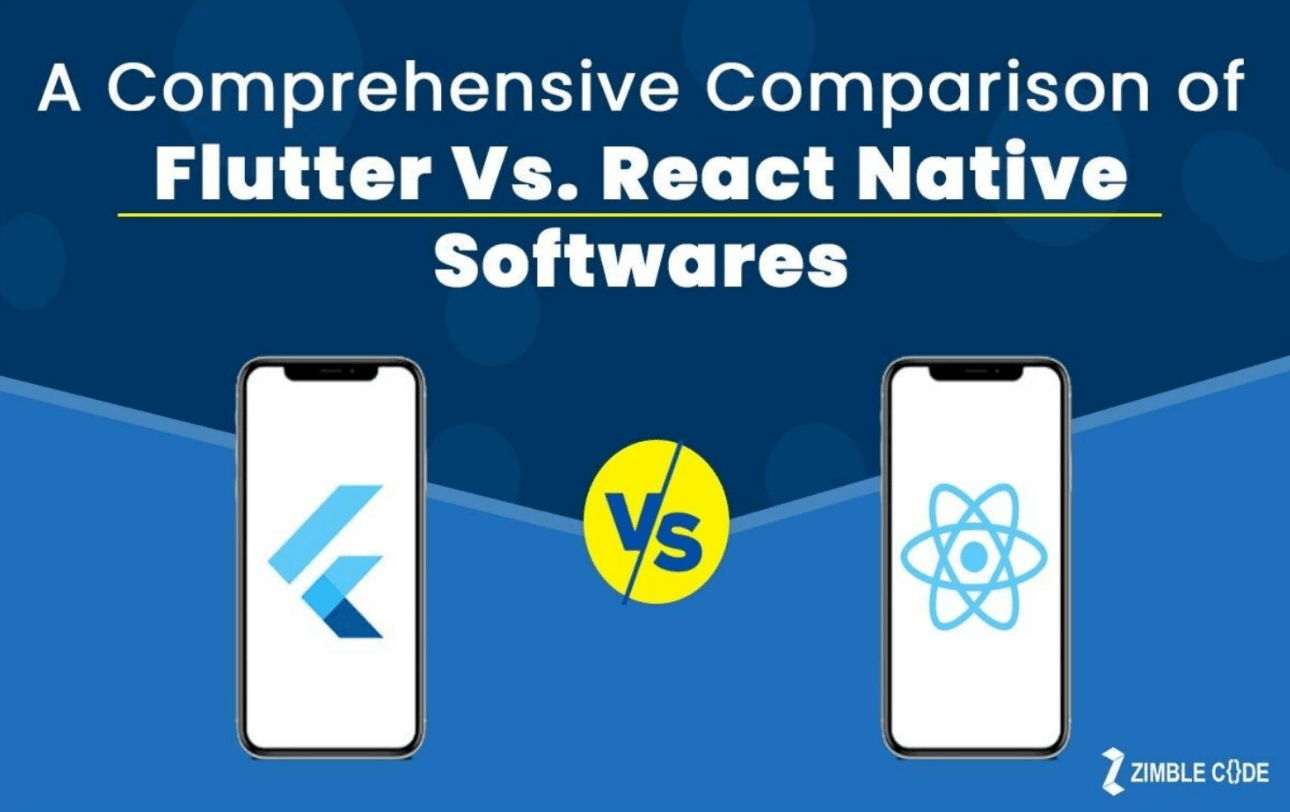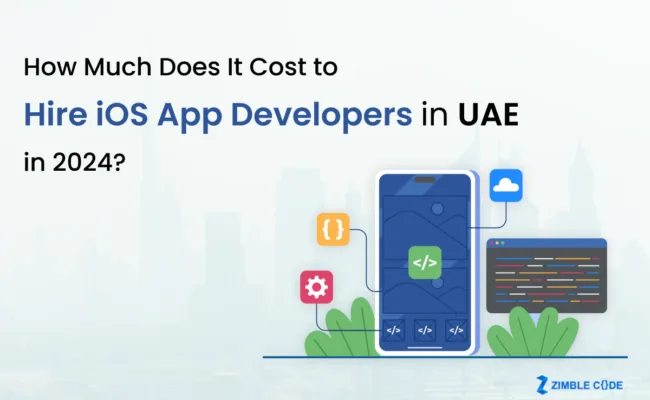Since the last five years in the mobile app development industry, there has been a mushrooming growth as many businesses are switching to online platforms to have a global presence. Talking about the US app viewership market, every American spends four hours a day on existing mobile apps on their smartphone or searching for a new mobile application.
Therefore, this is the right time to take advantage of online applications’ growing popularity and create a financially strong base for the company. For this, you would require the right kind of software to develop your mobile application, bringing a lot of traction between Flutter and React Native software among the app developers.
React Native has been one of the most preferred frameworks by software developers worldwide. However, since 2017, Flutter has been much loved by many start-ups making it the first choice for their mobile application development. The Flutter app developers in the USA have been developing highly complex mobile applications in less time than React Native app developers.
Let us examine which mobile app development software will triumph in 2021.
For this, we will make a side-by-side comparison of Flutter and React Native to help you make the right decision.
1. Programming Language
React Native uses Javascript, whereas Flutter uses Dart programming language. Dart is a new programming language launched in 2011 and is twice as fast as Javascript on both AOT and JIT compilers.
Verdict: The programming language of both Flutter and React Native is highly reliable. However, Flutter wins the race in speed and time.
2. Building User Interface
Flutter uses the Skia framework that has very high maneuvering cross-platform functionality. On the other hand, React Native uses Flux – a specific software from Facebook and then bridges it with Javascript to connect the user interface components. This bridge might slightly affect the user performance.
Verdict: Flutter overshadows React Native by offering a better user interface without needing a bridge of different components cross-platform.
3. Easy Installation
The installation process of React Native follows NPM (Node Package Manager), whereas Flutter can be positioned by using a small ZIP file. However, the installation process for Flutter does not end here; after opening the ZIP file, it has to add a command line for the PATH variable, which makes it unreasonably complicated.
Verdict: React Native leads here as it is effortless to install React software as compared to Flutter.
4. Documentation
Both the software packages come with a starting guide. However, the React Native guide has very little information about the set-up and command-line and works on the presumptions that the developer already knows the process. On the contrary, Flutter provides a detailed setting guide for both android and iOS versions. They also have a separate tool guide for CLI (Command Line Interface) to steer the developers through the set-up process.
Verdict: It is an easy pick as Flutter has a more widespread user guide and documentation than React Native.
5. Popularity
React Native has experienced an unexpected change in popularity after the launch of Flutter. Before 2019, people were very comfortable and committed to React Native. However, since the beginning of 2021, Flutter has taken the lead with 111,000 stars on Github. Apart from this, even google search analog shows more searches for Flutter as compared to React Native.
Verdict: Flutter wins the popularity battle with 19% as per Github.
6. Community Support
Web developers worldwide are very committed to the software they love and show their adoration by supporting the particular software community. Both Flutter and React Native are a part of a support group. These communities arrange events, meetups, conferences, and webinars.
Verdict: React Native has far stronger community support as compared to Flutter, as Flutter has just released a few years back.
7. Learning Scope
The learning curve offered by both the software is entirely dependent on the liking and expertise of the developer. Academically, almost all software developers have detailed knowledge of Javascript language, making React Native their natural choice. However, many new developers have given a broader perspective to their work area by experimenting with Dart and making Flutter their future programming language to develop apps.
Verdict: When it comes to the scope of learning, both React Native and Flutter are at par with each other. Of late, there has been a visible rise in Flutter app development companies in the USA.
Flutter or React Native…? It’s all about the Developer’s Choice
Which one is better, React Native or Flutter? The above comparison clarifies the muddle, as Flutter may take over React Native if not today, then in the years to come. As the future is filled with technological progressions, it is essential to sync with the latest new technical tools and choose the best solution. Hire Flutter app developers in the USA to make sure you go hand-in-hand with the modernized world.











Good points and informative article !
Thanks for sharing these useful blogs, fresh and unrepeatable content here.
Pleasant post, Thank you for sharing profitable data. I appreciated perusing this post. The entire blog is extremely pleasant discovered some well done. Thanks for sharing…